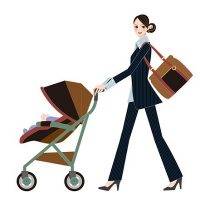October 6, 2016
UK Government kicks off tender process for vast public sector property framework 0
 The UK Government will this week start the latest tendering process for the Estates Professional Services framework. Originally set up in 2008, the framework covers all central and local government property as the administration sets to rationalise and modernise the country’s entire public sector property estate and help to reduce the £8 billion annual spend. The terms of the framework were updated in an August 2016 briefing, laying out a series of case studies highlighting best practice as well as offering guidance t those firms who wish to bid for work across a range of product and service delivery models. The last set of contracts for services are due to expire in March 2017 and the Government remains committed to the inclusion of smaller providers. The framework covers a range of property-related services, including the reduction and divestment of parts of the estate, the renegotiation of leases, a reduction in running costs, support for the government’s sustainability agenda and the facilitation of flexible working and property sharing initiatives.
The UK Government will this week start the latest tendering process for the Estates Professional Services framework. Originally set up in 2008, the framework covers all central and local government property as the administration sets to rationalise and modernise the country’s entire public sector property estate and help to reduce the £8 billion annual spend. The terms of the framework were updated in an August 2016 briefing, laying out a series of case studies highlighting best practice as well as offering guidance t those firms who wish to bid for work across a range of product and service delivery models. The last set of contracts for services are due to expire in March 2017 and the Government remains committed to the inclusion of smaller providers. The framework covers a range of property-related services, including the reduction and divestment of parts of the estate, the renegotiation of leases, a reduction in running costs, support for the government’s sustainability agenda and the facilitation of flexible working and property sharing initiatives.

































October 7, 2016
Are we seeing the workification of home or the homification of work? 0
by Anna King • Comment, Flexible working, Workplace design
(more…)